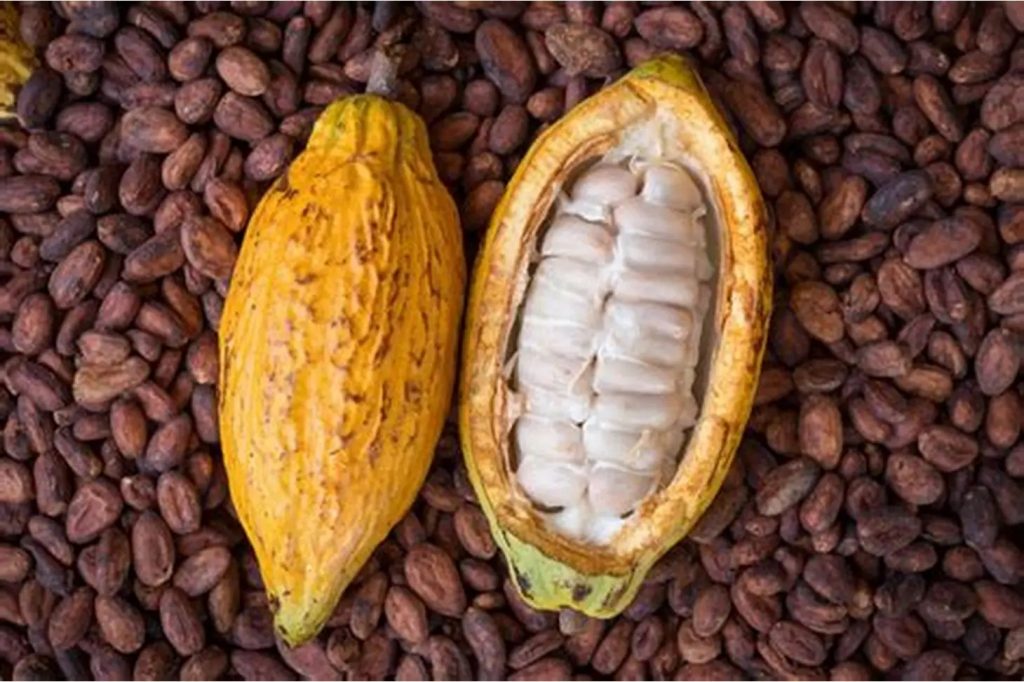
Ghana has reached a new agreement on stable freight rates for its cocoa exports in the 2025/26 crop season following negotiations with major global shipping lines in Rouen, France.
The talks brought together the Ghana Shippers’ Authority (GSA), the Cocoa Marketing Company (CMC), and 20 international carriers, with the goal of protecting Ghana’s export competitiveness amid rising shipping costs and global trade uncertainties.
Under the agreement, shipments to the United Kingdom will attract a rate of £32 per tonne, while northern Europe will pay €56.72 per tonne and Brazil US$122.05 per tonne. Long-haul destinations such as Japan were pegged at US$111.39 per tonne, while Mediterranean Europe was fixed at €63.67 per tonne.
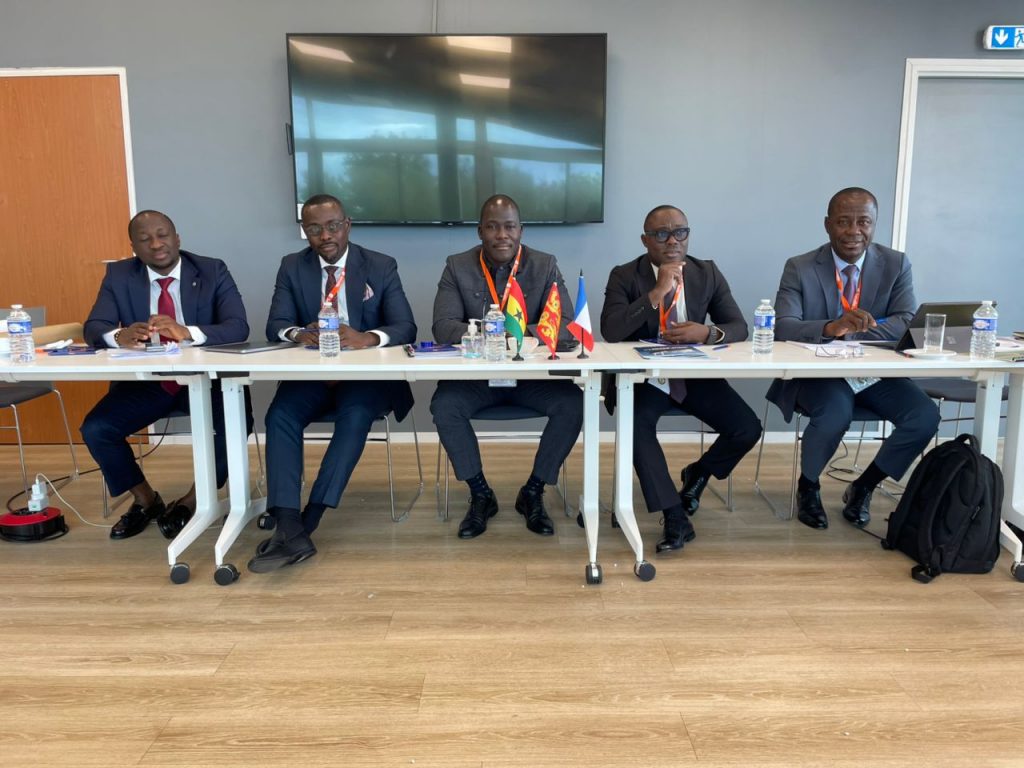
All charges include bunker adjustment factors, with payments to be made in US dollars using Reuters exchange rates on the date of shipment.
The annual Cocoa Freight Negotiations have become a key feature of Ghana’s cocoa export chain, offering predictability for exporters and stability for carriers. GSA Chief Executive, Prof. Ransford Gyampo, described the forum as a “strategic space for dialogue and partnership” that has consistently supported the country’s cocoa trade.
He noted that the latest deal coincides with major shifts in the maritime sector, and added that ongoing automation and Ghana’s 24-hour port policy would further cut costs, improve turnaround times, and strengthen export competitiveness.
Beyond freight discussions, Ghana is investing heavily in port infrastructure and logistics to enhance its trade position. The second phase of the MPS Terminal in Tema is fully operational, significant upgrades have been completed at Takoradi, and the Boankra Inland Port now 80 percent complete will soon provide exporters from the middle and northern belts, as well as landlocked neighbouring states, with direct access to international shipping services.
Prof. Gyampo also underscored the importance of digitalisation and sustainability in the sector. He highlighted the growing adoption of e-services by shipping lines for documents and Bills of Lading, stressing the need to harmonise digital tools for small and medium exporters.
On environmental concerns, he described sustainability as “a non-negotiable pillar,” citing Ghana’s Cocoa Traceability System and the International Maritime Organization’s green shipping strategy as evidence of the country’s alignment with global best practices.
For Ghana, which earns over 70 percent of its foreign exchange from cocoa, freight costs remain a critical factor. The 2025/26 agreement provides exporters with cost certainty, guarantees revenue for the state, and positions Ghana competitively against rivals such as Côte d’Ivoire in the global cocoa market.












































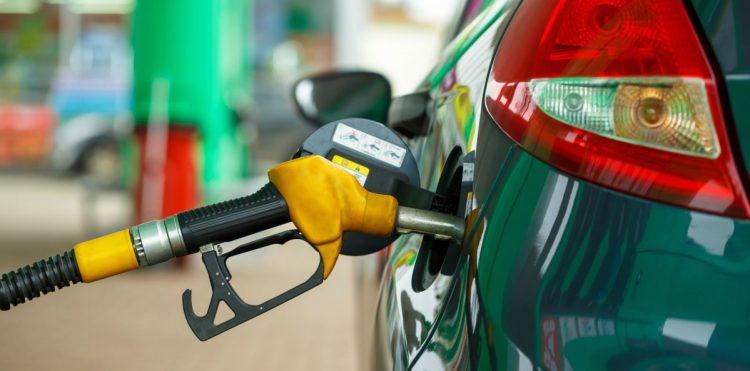











![[FREE FREE MONEY] Predict and Win a Guaranteed GH¢200 From Us EVERY WEEK](https://wordpress.ghanatalksradio.com/wp-content/uploads/2022/02/Predict-and-Win-Final-09-03-2021-218x150.jpg)
![[Predict & Win – 8th/Oct.] WIN A Guaranteed ¢200 From Us This Week](https://wordpress.ghanatalksradio.com/wp-content/uploads/2021/10/maxresdefault-16-218x150.jpg)
![[Predict & Win – 2nd] WIN A Guaranteed ¢200 From Us This Week](https://wordpress.ghanatalksradio.com/wp-content/uploads/2021/09/maxresdefault-50-218x150.jpg)
![[Predict & Win – 25th] WIN A Guaranteed ¢200 From Us This Week](https://wordpress.ghanatalksradio.com/wp-content/uploads/2021/09/maxresdefault-36-218x150.jpg)
![[Predict & Win – 18th] WIN A Guaranteed ¢200 From Us This Week](https://wordpress.ghanatalksradio.com/wp-content/uploads/2021/09/maxresdefault-23-218x150.jpg)
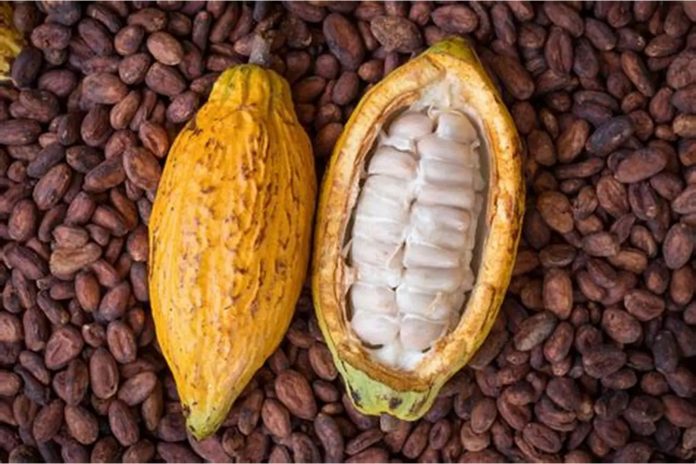









![[National cathedral] See full list of churches that have contributed since 2018](https://wordpress.ghanatalksradio.com/wp-content/uploads/2020/09/Ghana-National-Cathedral-GhanaTalksRadio-100x70.jpg)

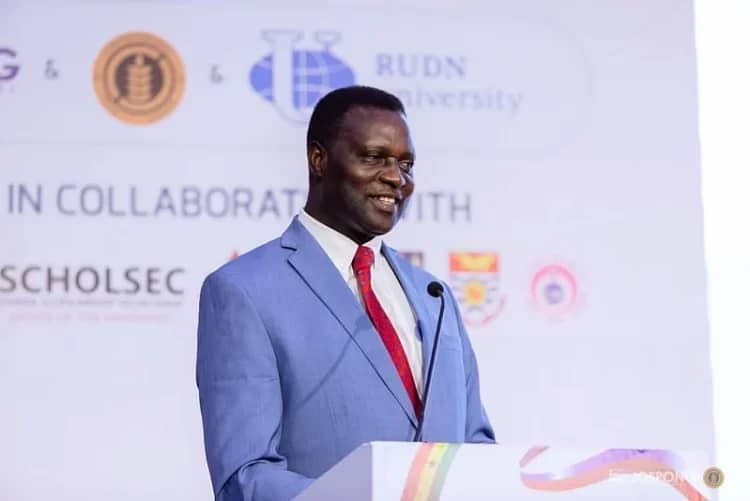
![[Photos] Real-life Tarzan killed by cancer just 8 years after being rejuvenated into civilized society](https://wordpress.ghanatalksradio.com/wp-content/uploads/2021/09/613f5b613f558-100x70.jpg)
